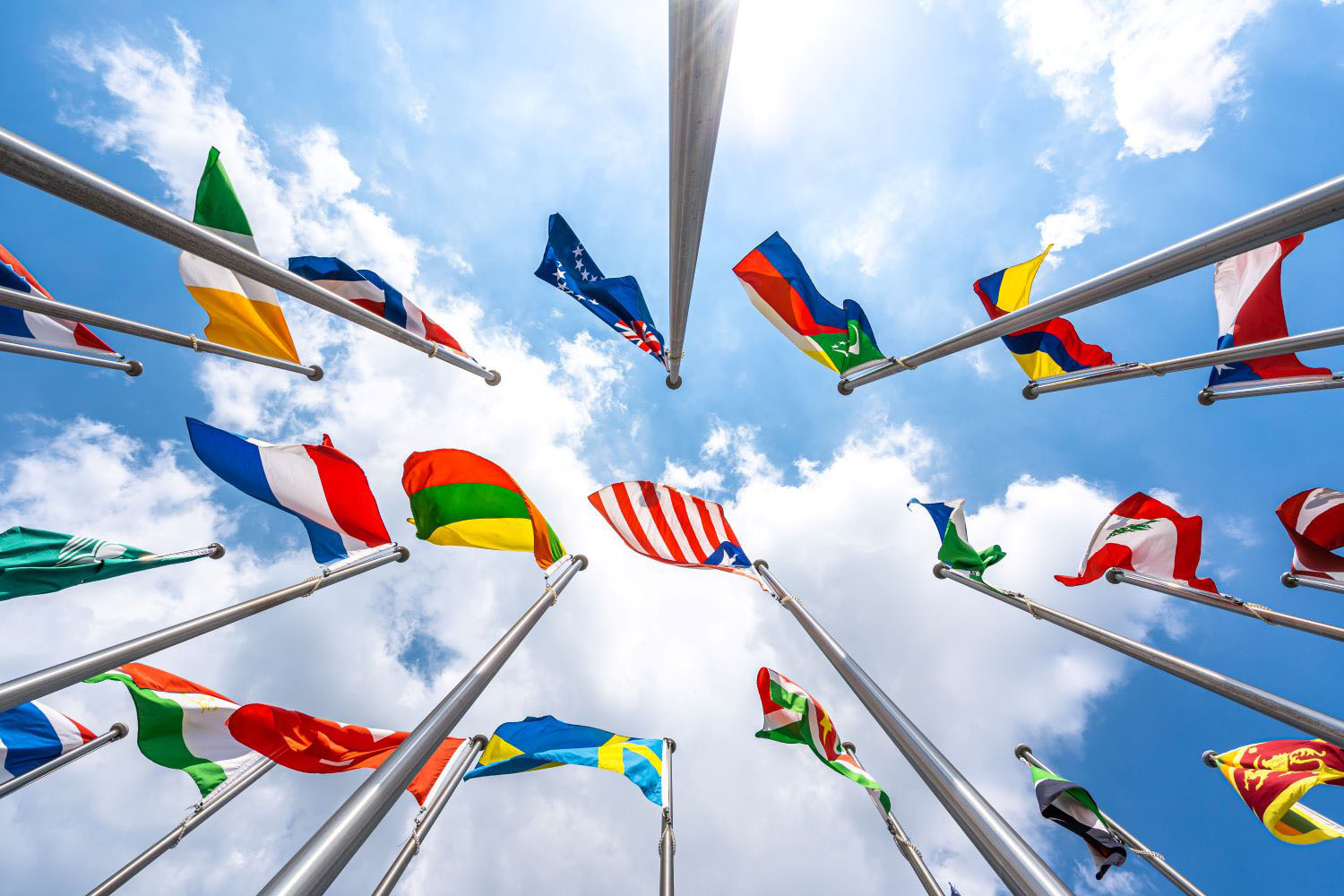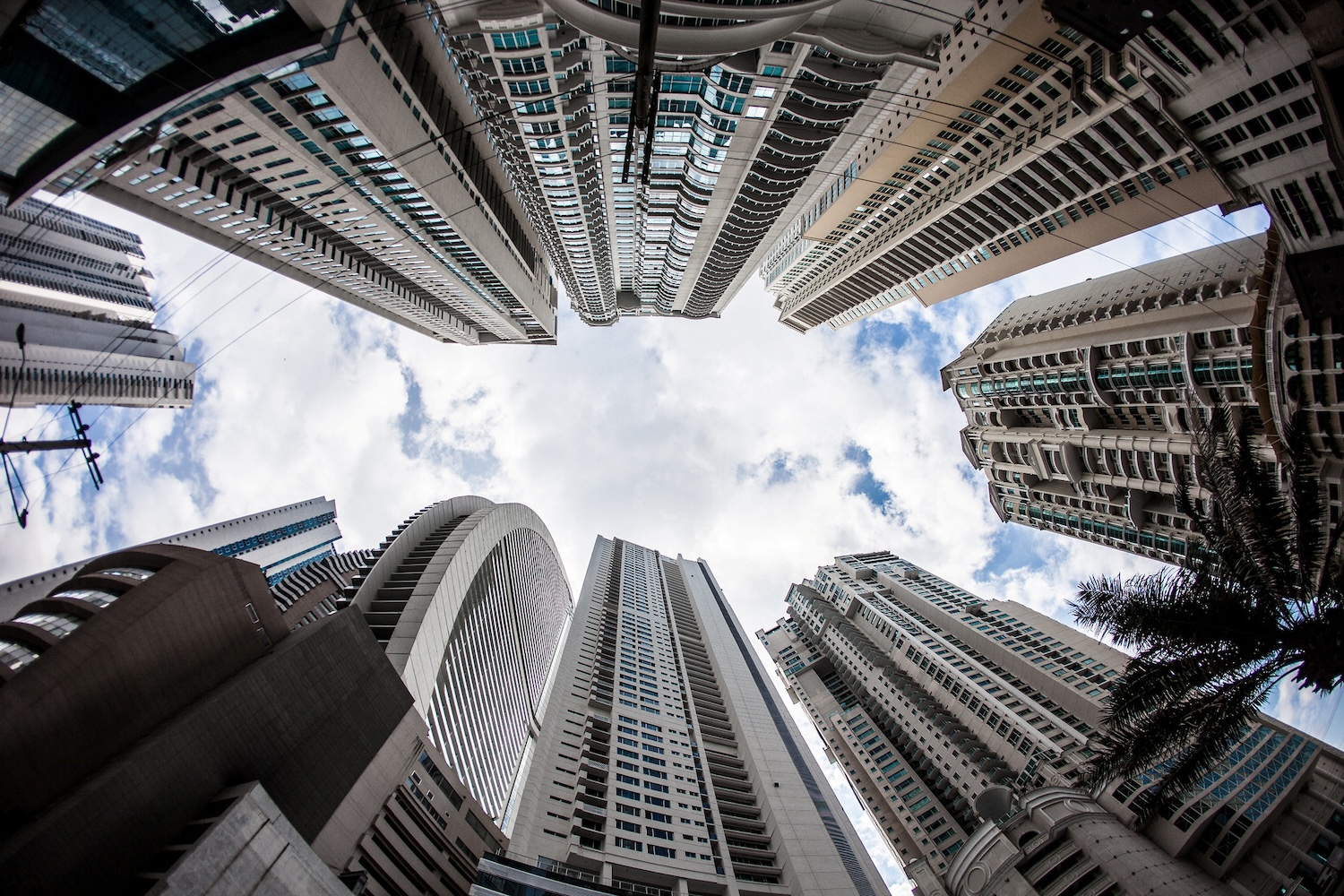The story of Dubai is remarkable. In six decades it has grown from a small fishing village to a gleaming metropolis with a per capita GDP comparable to that of the United States. In many ways, Dubai must be seen to be believed. Even its skyline is unreal–rising straight out of the desert and dominated by the tallest building in the world—the 2625 ft., 160-story, silver-and-glass Burj Khalifa. Dubai is also home to the largest port in the Middle East (Jebel Ali), and serves as the hub for Emirates, one of the best airlines in the world. In recent years, a construction boom and bust has tempered the development of this city in the desert. But new reports suggest that the Emirate is undertaking a significant restructuring of its debts and is restarting its economic engines.

Over the past two years, I had the unique opportunity to collaborate with
CGD Visiting Fellow Ibrahim Elbadawi and a team of researchers, engineers, and policymakers based at the Dubai Economic Council, the Dubai Statistics Center, and the Jebel Ali Free Zone, to undertake the first-ever survey of enterprises in Dubai. We surveyed over 700 enterprises in two main economic zones in the city, Dubai Main and the Free Zone. The report covered several issues, but one thing that really stood out was Dubai’s ability to source labor from all over the world.Our
analysis showed that Dubai has provided job opportunities for millions of people, especially from developing countries, who have in turn fueled the growth of the Emirate. The
sponsorship – or
Kafala - system is the channel through which expatriates obtain legal entry as guest workers in the UAE. Currently there are about four foreigners in Dubai for every local! Annual remittances from the United Arab Emirates to just one country—India—are more than $6 billion or 12 percent of India’s total remittances. Dubai is filled with foreign workers seeking a better life for themselves and their families—my co-workers on the enterprise survey project were from Sudan, Spain, Yemen, Jordan, the Philippines, and Egypt.Of course, Dubai has had to balance the benefits to foreign workers with a system of preferences for nationals. This is known as “
Emiratization”, and includes a set of rules that protect Dubai nationals, known as Emirati, from open competition with expatriate workers. These rules apply in Dubai Main but not in the Free Zone, which surrounds the port. The rules include minimum quotas of Emirati workers for firms with 100 or more employees, reserving particular work positions for Emiratis, wages for Emiratis that far exceed the marginal product of their labor, and restrictions on firing Emirati workers. In the Free Zone, foreign workers are allowed to move freely, with wages being largely determined by the marginal product of labor. This is in sharp contrast to Dubai Main where businesses must be 51 percent Emirati-owned and the use of foreign labor is heavily regulated, in terms of wages and mobility. Value added per worker for enterprises in the Free Zone is anywhere from
four to ten times higher than in Dubai Main, depending on the sector in which the business is located.The Government of Dubai knows that it faces some difficult issues, including the reform of its policies toward the local labor force, which has become accustomed to high wages and government protection. At the launch of the report in November, we had a frank and robust discussion of the issues. The Ministry of Labor for the United Arab Emirates has already begun to tackle some of the key issues including how Emirati labor can compete with workers from other parts of the world. My sense was that there is a good understanding that current policies are not only hurting foreign workers, but also negatively affecting productivity and growth in Dubai.The bottom line is that the Government of Dubai needs to create better incentives for Emirati workers to invest in human capital, such as subsidies for higher education and/or worker training. A proposed “Wage Council” may be able to provide a rational framework for reviewing pay to nationals relative to market levels. And like Singapore, Dubai may also want to expand to high value-added manufacturing, because the capacity of the service sector to provide jobs to Emiratis, given the high reservation wage, is limited.I really enjoyed working in Dubai. It was a great opportunity to spend time in the Middle East, interact with people from many different countries, and study the growth strategy of a city-state that might yield lessons for both developed and developing countries.
CGD blog posts reflect the views of the authors, drawing on prior research and experience in their areas of expertise.
CGD is a nonpartisan, independent organization and does not take institutional positions.






